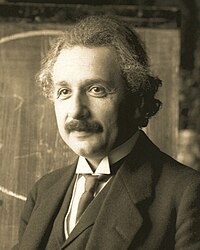
Photo from wikipedia
ABSTRACT Empirical studies suggest that the business talents of the heir to a family firm can have a large and significant effect on firm prospects. However, we still do not… Click to show full abstract
ABSTRACT Empirical studies suggest that the business talents of the heir to a family firm can have a large and significant effect on firm prospects. However, we still do not know how heirs, especially those who are good at making and executing business decisions, credibly reveal their talents to other parties, when the signal may be muddied by immense family wealth and high-profile parents. In this article, I model the turnover of talented family members, and highlight a family firm dilemma. First, a talented heir’s talents will be undervalued if they involve themselves in their family business, but family firms will suffer brain drains if talented family members leave for the market. This framework and its extensions illustrate how institutional quality, capital share, and technological progress influence heir participation and family firm performance, and how a well-functioned financial system, parental authority, and family income sharing can relieve the dilemma. The main results may help to explain some of the differences in governance and performance of family firms across countries or within a given country over time.
Journal Title: Emerging Markets Finance and Trade
Year Published: 2018
Link to full text (if available)
Share on Social Media: Sign Up to like & get
recommendations!